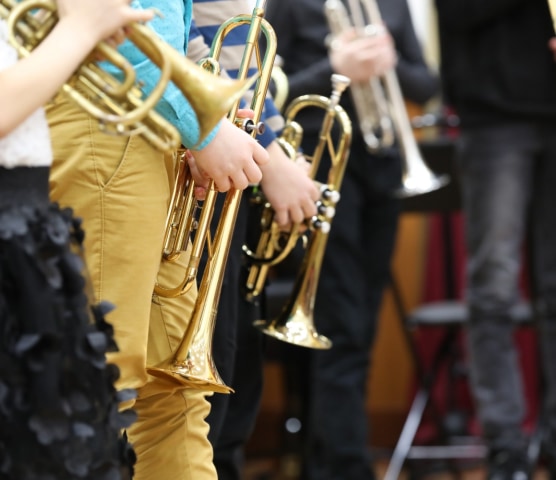
Amplify Online Community
Join the conversations on our online community exclusively for NAfME members. Ask a question, share an experience, connect with your colleagues!
SOCIETIES & COUNCILS
Council for Choral Education
The NAfME Council for Choral Education seeks to serve as a voice representing choral music education and to help choral educators with current practices in the choral field at all…
Music Honor Society Advisory Council (Tri-M)
Purpose The communities to be served within the NAfME Music Honor Society Advisory Council are fundamentally associated with a program of activities and membership in a manner unlike the other…
Collegiate Advisory Council
The NAfME Collegiate Advisory Council provides experienced, representative leadership in the development and support of NAfME Collegiate member recruitment, professional development, and events designed to foster a lifelong commitment to…
MEET OUR MEMBERS
COMMITTEES
Music Teacher Profession Advisory Committee
The work of the Music Teacher Profession Initiative (MTPI), begun in January 2021, brought attention to the importance of music teacher education as a primary responsibility of the National Association…
Teaching Music Magazine Advisory Committee
Teaching Music Magazine is the NAfME publication for all members at all teaching levels and in all areas. Membership includes four issues per year, distributed both in print and digitally. Articles…







